Driving growth in clean cooking solutions

OPENING REMARKS
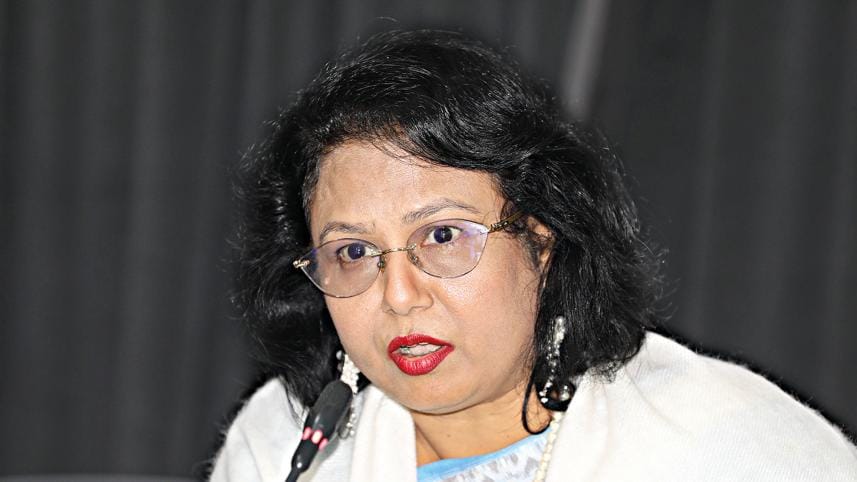
Shawkat A. Begum, PhD, Bangladesh Country Director, Practical Action
There is no denying the paramount importance of clean cooking for health and environmental preservation. Our focus remains on safeguarding the health of mothers and children, given the severe health and environmental ramifications of traditional cooking methods. With staggering statistics highlighting the deadly impact of indoor pollution, our collective efforts aim to transition to 100% clean cooking, aligning with government objectives as the government's national clean cooking action plan is soon to be finalised.
Our project, titled 'Strengthening the Entrepreneurial Ecosystem for Higher Tier Clean Cooking' (SEE-Clean Cooking), prioritises policy advocacy, awareness campaigns, and inclusive development strategies, emphasising gender equality and social inclusion. We aspire to reshape societal norms, encouraging greater male involvement in cooking. With diverse representation and a commitment to active participation, we seek collaborative solutions to ensure the success of this endeavour and provide a blueprint for future clean cooking initiatives.
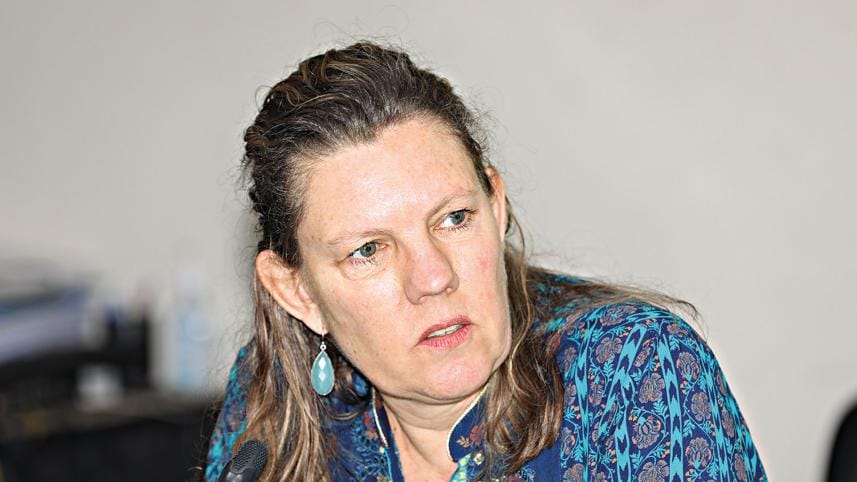
Ismène R.A.C. Stalpers, Country Director, SNV
Clean cooking is not just a technical shift but also represents a critical step towards a sustainable and healthier future for communities.
One important strategic aspect of the SEE Clean Cooking project is targeting and working with the commercial clean cooking sector, particularly Small and Medium Enterprises (SMEs), with a focus on access to finance through results-based financing (RBF) and Innovation Grants. The journey has already begun through conducting multiple workshops in three districts and engaging with stakeholders, including SREDA and local government bodies, developing partnerships under results-based financing. We have already onboarded over 19 SMEs that have access to RBF and aim to increase this number to 60
Bangladesh's commendable leadership in supporting e-cooking initiatives is inspiring, and we eagerly anticipate future collaborations.
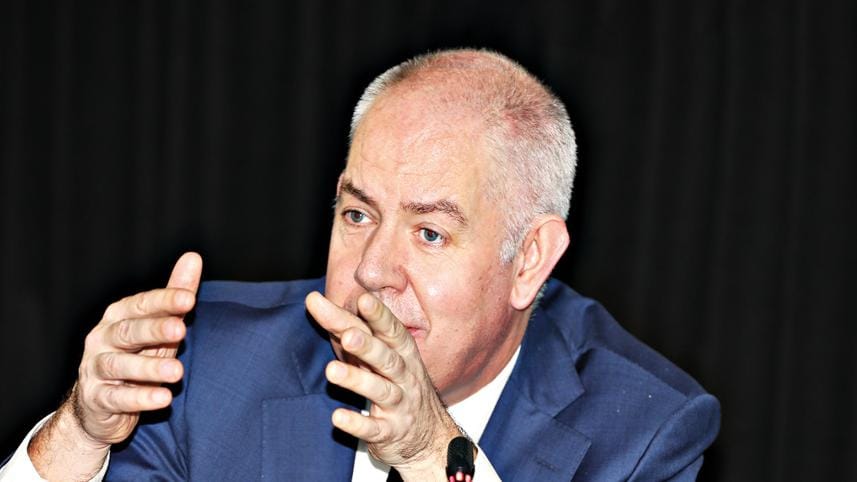
Edwin Koekkoek, Team Leader, Green Inclusive Development and Social Protection, Delegation of the European Union to Bangladesh
Under the EU-Bangladesh cooperation, the EU has significantly increased its commitment and financial investment in climate change mitigation, with a specific focus on the energy and power sector.
Despite significant progress globally towards sustainable energy for all, a shocking reality persists: four billion people lack clean and modern cooking fuels and technologies. Nowhere is this more apparent than in Bangladesh, where the vast majority of households still rely on biomass-based cooking methods. Clean cooking technologies offer a way out, promising improvements in public health, conservation of natural resources, and mitigation of climate change.
The project aims to introduce modern cooking appliances in rural areas through innovative financing and collaboration with local stakeholders. The project rightly considers entrepreneurs a powerful force for economic development, supporting clean cooking. Growing an enabling ecosystem requires providing finance, human capital education and skills, a competitive business environment, and a transparent regulatory framework. Lastly, it is important to be inclusive, involving both the government and the private sector in collaboration.
KEYNOTE PRESENTATION
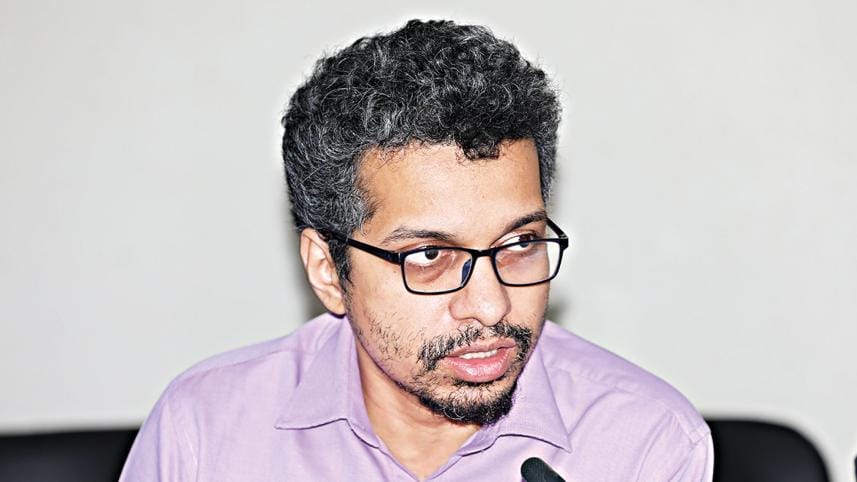
Samir Muhammad Korban, Project Manager, Practical Action
The SEE Clean Cooking project is coordinated by our partners the Netherlands Enterprise Agency (RVO), who advocate for a private sector-led strategy. Our focus lies on promoting clean and affordable cooking solutions through a private-sector approach, advancing higher-tier cooking solutions in Bangladesh, like other regions across Asia and Africa.
Our main concept revolves around harnessing the entrepreneurial spirit, whether through established private sector entities or local micro, small, and medium-sized enterprises (MSMEs), as a catalyst for economic progress in support of higher-tier cooking. Our efforts predominantly concentrate on the supply side, with a target of reaching 140,000 individuals in Faridpur, Gazipur, and Jhenaidah.
The program consists of three distinct components: pipeline development, access to finance for innovation and scale, and the cultivation of a dynamic and proactive enabling environment.
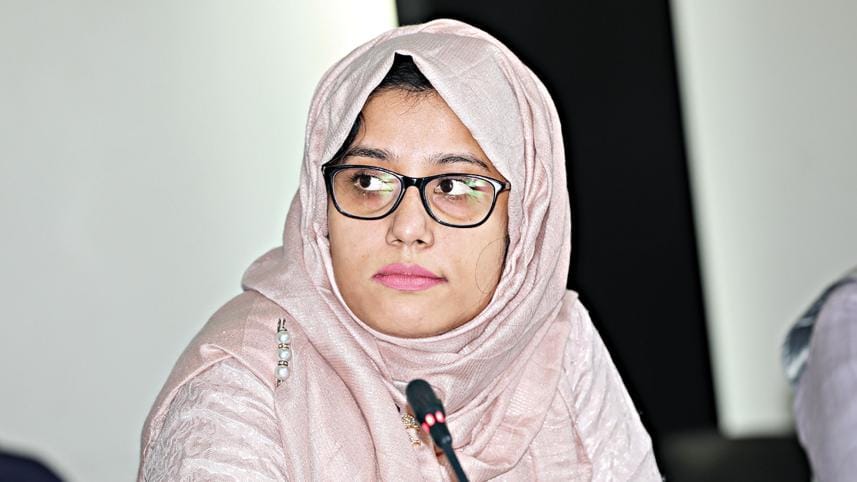
Afrida Ahmed Orthee, Project Officer, SNV & Nusrat Zahan Fatema, Project Officer, SNV
Result-Based Financing (RBF) is an umbrella term for a variety of financial mechanisms tied to the achievement of pre-agreed and independently verifiable outcomes. Within the principality of the clean cooking sector, RBF serves the primary purpose of driving product adoption and rapidly expanding the market reach of innovative technologies. This is achieved by empowering distributors and stakeholders to procure these appliances in bulk, mitigate associated risks, and enhance unit economics.
Since January, we have diligently pursued RBF partnerships as part of the project. We aim to establish a total of 60 partnerships with both national-level manufacturers and local MSMEs by the end of the project.
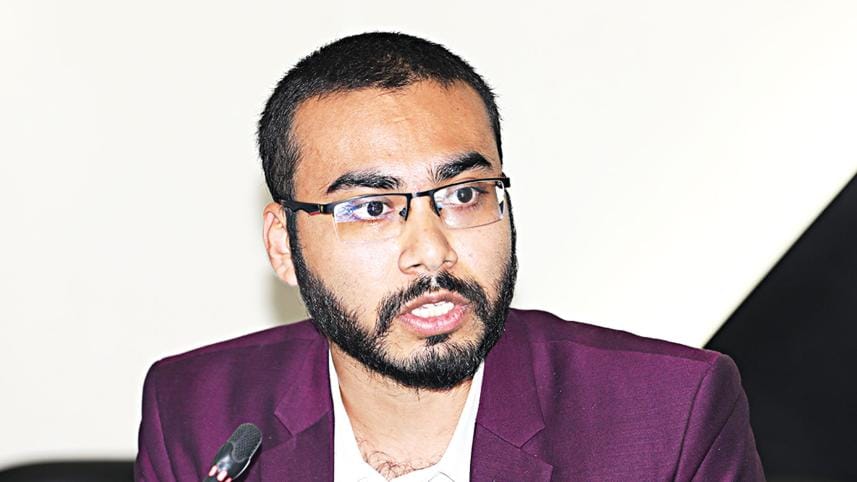
Md Mubassir Rahman, Project Manager and Senior Business Consultant, LightCastle Partners
In Bangladesh, systemic challenges, especially limited household electricity capacity and high manufacturing costs, are affecting product affordability and quality. Although locally manufactured and branded products dominate the market, with after-sales services being crucial for consumers' trust, however, product quality regulations and efficiency labelling are still missing at the national level for local manufacturers. Local production affordability must be ensured if we want to set up e-cookers as the next generation solution for our clean cooking.
OPEN DISCUSSION
Moderated by Uttam Kumar Saha,
Strategic Lead, Urban & Energy, Practical Action
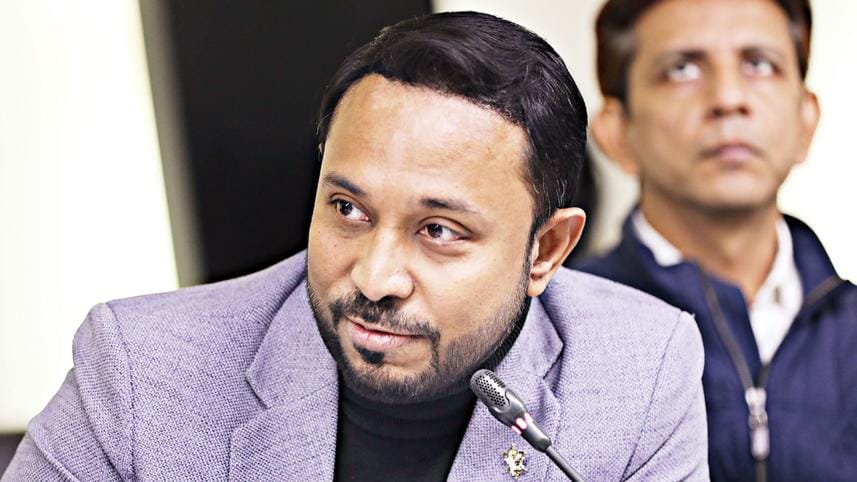
Shuvasish Bhowmick, Country Director, ATEC
Even though e-cookers are present in the market, only one percent of people use them as their primary device. One of the main reasons behind this is the perception that the initial investment and running costs are high. Although people may perceive it as more expensive than LPG, in reality, it can save up to 45 percent costs compared to LPG. Retailers often lack knowledge about the product, and there is a lack of promotion of such features.
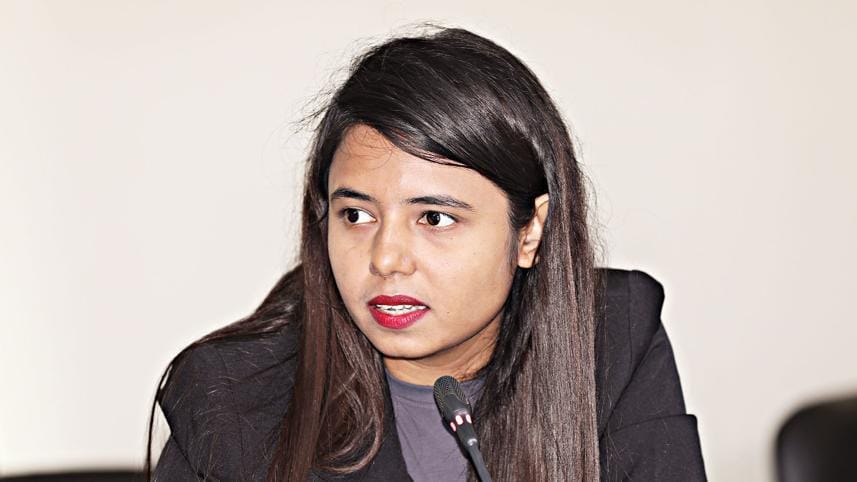
Rawnak Faria, Esho Jati Gori, Faridpur
Operating in the predominantly rural area of Faridpur presents a unique challenge, as families are often hesitant to adopt new cooking methods. However, our extensive women workforce is poised to play a crucial role in overcoming this challenge.
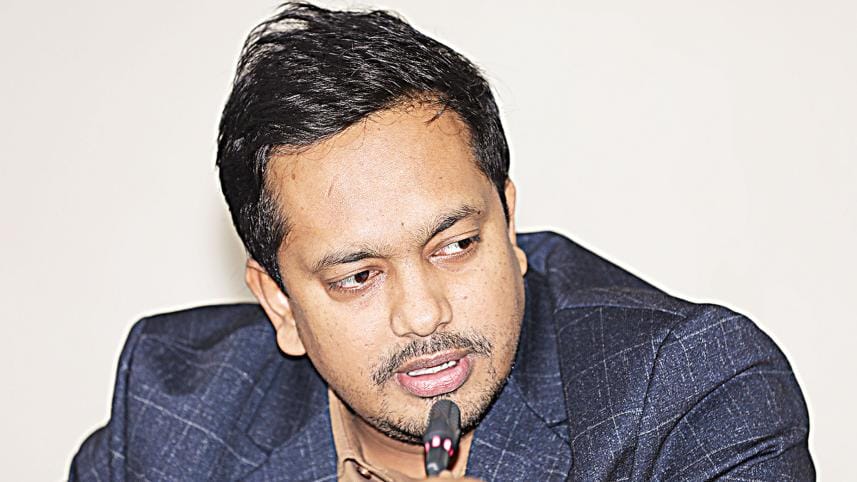
Md. Samiul Islam, Head of Supply Chain Management of Home Appliance, Walton Hi-Tech Industries PLC.
For products such as rice cookers and electric induction cookers, there lacks a comprehensive standardisation framework. Despite this, we have taken proactive steps to establish voluntary standards, including addressing electric safety protocols and advocating for certifications. We strongly urge the government to mandate these standards to ensure uniformity across the industry, enabling us and other companies to deliver products of consistent quality to consumers.
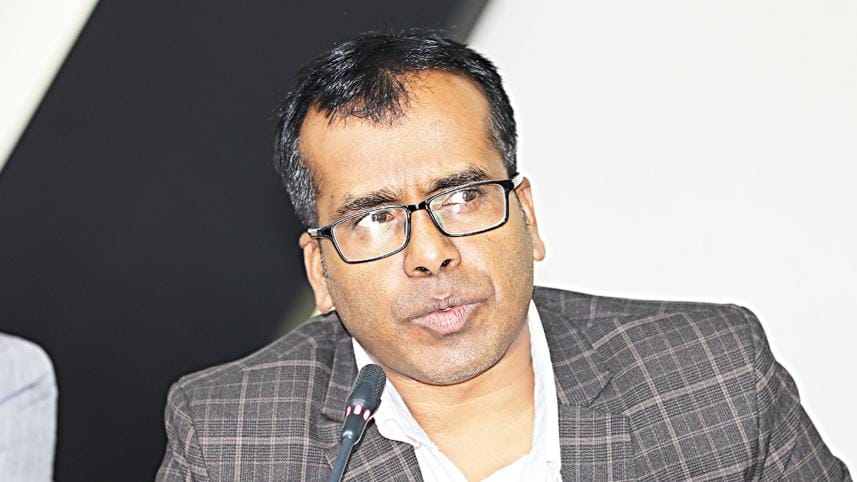
Md. Mazbah Uddin, Manager, SCM, Kiam Metal Industries Limited
We've initiated several educational programs. During a session with major retailers from Dhaka, we provided insights on how to effectively communicate the benefits of e-cookers to customers.
Additionally, we've taken steps to enhance customer understanding by including Bengali translations on our warranty cards, recognizing the linguistic diversity in our market. Furthermore, we've deployed maintenance personnel to assist customers facing operational challenges with e-cookers, particularly with rice and induction cookers, which are often areas of difficulty.
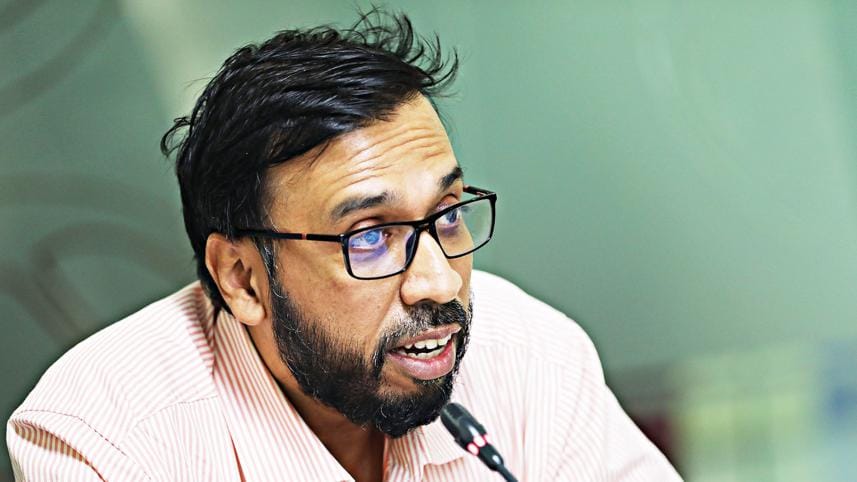
Utpal Bhattacharjee, Lighting (Energy) Market Assessment Expert, CLASP
Central to our discussion is the need for concerted efforts to accelerate the dissemination and adoption of e-cooking systems. Standardisation is a pressing issue, with two standards submitted to BSTI awaiting approval.
Without after-sale warranties or guarantees, consumer trust is compromised. Addressing these issues requires a focused policy direction.
Segment-focused strategies are essential, catering to rural, lower, middle, and higher-income groups.
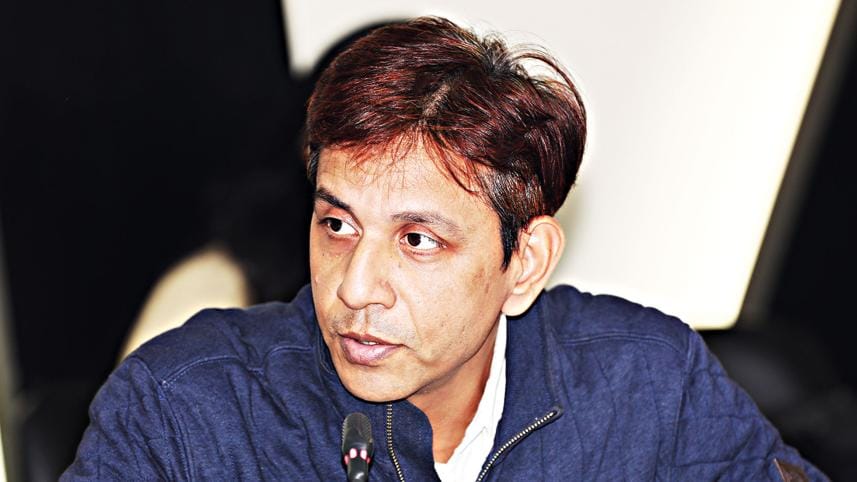
Onkar Nath, Programme Manager, EnDev, GIZ
Standardisation and labelling are pivotal for promoting e-cooking appliances effectively in the market. Consumers often lack awareness regarding the quality of the products they purchase, underscoring the urgency for standardised guidelines.
Over the past few years, we've collaborated with BSTI on developing these standards. Yet, there seems to be a disconnect between BSTI, the market, private sectors, and the overall development sector.
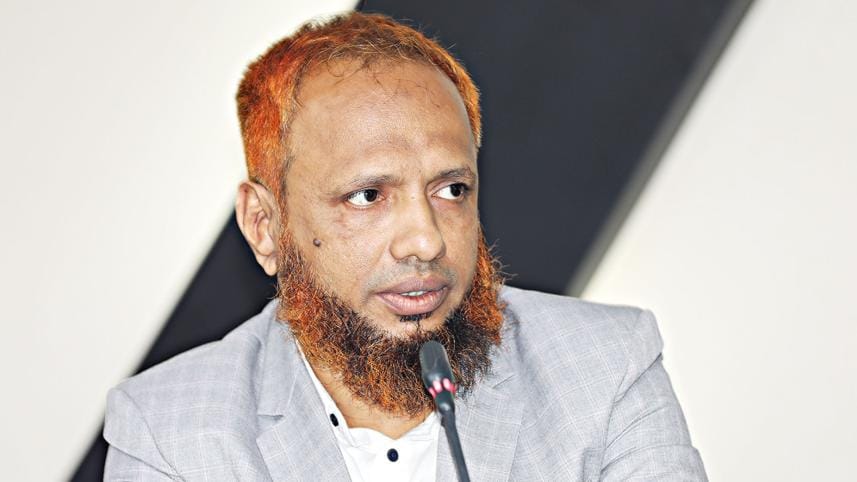
Khandakar Rashid Uz Zaman, Retailer, Faridpur
The design of e-cooking appliances should prioritise energy efficiency to minimise electricity consumption. In rural areas, affordability is a critical issue, and efforts should be made to ensure that e-cooking is more economical than existing systems. Crafting pricing strategies to make these appliances accessible in villages will encourage widespread adoption.
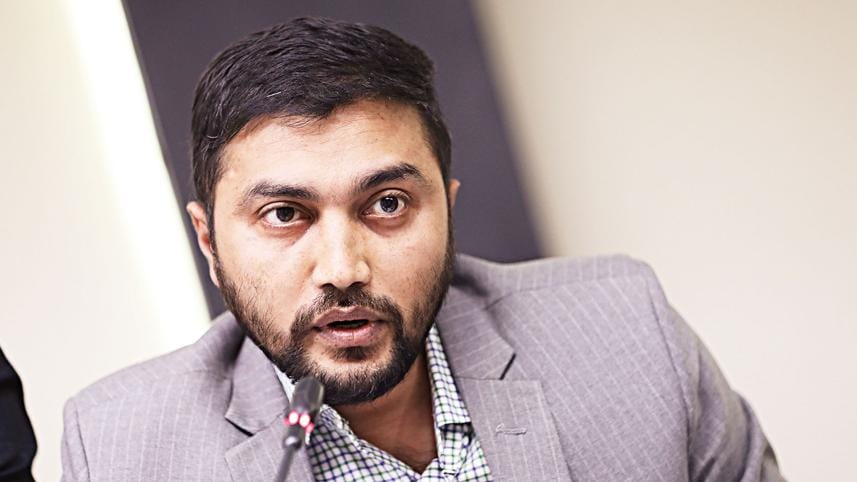
Mostafa Kamal, Chief Business Officer, Walton Home and Kitchen Appliances
To successfully execute this project, consider these five key points. Firstly, ensure your products are readily available in the market. Secondly, focus on creating a distinct market presence. Thirdly, establish effective awareness campaigns to enhance product visibility. Fourthly, maintain a competitive edge by offering high-quality products at a reasonable price. Lastly, prioritise post-sale services, aiming to assist within 72 hours.
SPEECHES
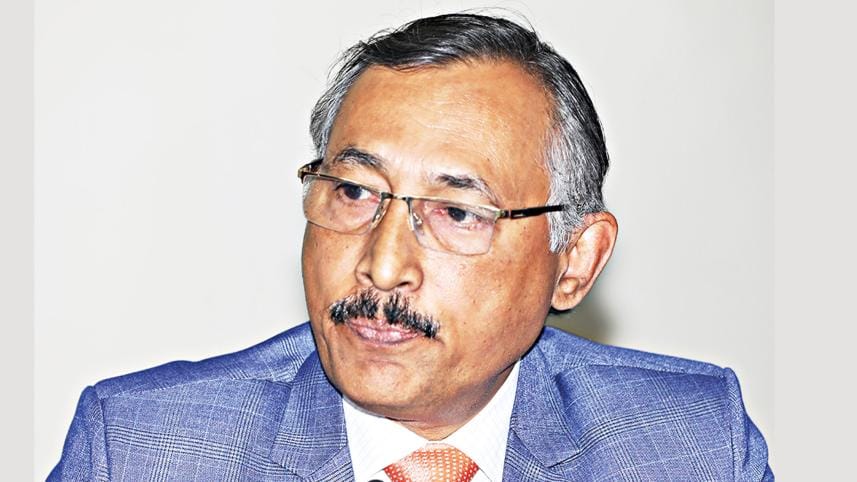
Siddique Zobair, Ex-Additional Secretary and Member, Sustainable and Renewable Energy Development Authority, Ministry of Power, Energy and Mineral Resources
There is a persisting confusion regarding which authority will decide on the minimum standard for cooking stoves. Besides BSTI, there already exists an internationally accepted tier-based standard for cooking stoves. Moreover, the issue at hand is determining which tier will be designated as the minimum standard for Bangladesh.
The creation of demand, as well as ensuring the supply of standard products at an affordable price in an acceptable manner, is very crucial. From the government side, there are several scopes to work with stakeholders such as NBR to minimize the financial burden of importing materials for e-cooking devices.
If the country produces all its electricity from coal, then it cannot be considered a source of clean e-cooking. Being environmentally friendly, a solar thermal cooker can be an appropriate option for accommodating e-cooking methods. However, a significant challenge lies in its high price, bulky size, as well as the requirement for additional solar panel equipment. Nonetheless, as the product enters the market development phase and undergoes commercial production, we anticipate a substantial price reduction.
Dr Bianca van der Kroon, Programme Manager SEE-Clean Cooking, Department of International Development, Netherlands Enterprise Agency
The need for access to clean cooking technologies is a global one. Relying on traditional, biomass-based cooking methods presents many challenges, including indoor air pollution, health risks, greenhouse gas (GHG) emissions, etc. With Strengthening the Entrepreneurial Ecosystem for Clean Cooking - SEE Clean Cooking, RVO has launched a private-sector approach to promote clean, affordable cooking solutions. Under this, the Higher Tier Cooking Component (HTCC) is a 5-year programme that aims to further strengthen the supply side of the clean cooking sector. It does this by helping small and medium-sized enterprises improve their business operations, get access to finance for scale and innovation and by helping build an enabling environment in support of clean cooking. HTCC aims to reach 600,000 people in Bangladesh, Cambodia, Ethiopia, and Uganda.
RVO is very pleased to see the formal launch of the HTCC programme in Bangladesh. We are confident that the Bangladesh team will continue to work closely with the private sector, the government and other relevant organisations to support a sustainable market for e-cooking appliances.
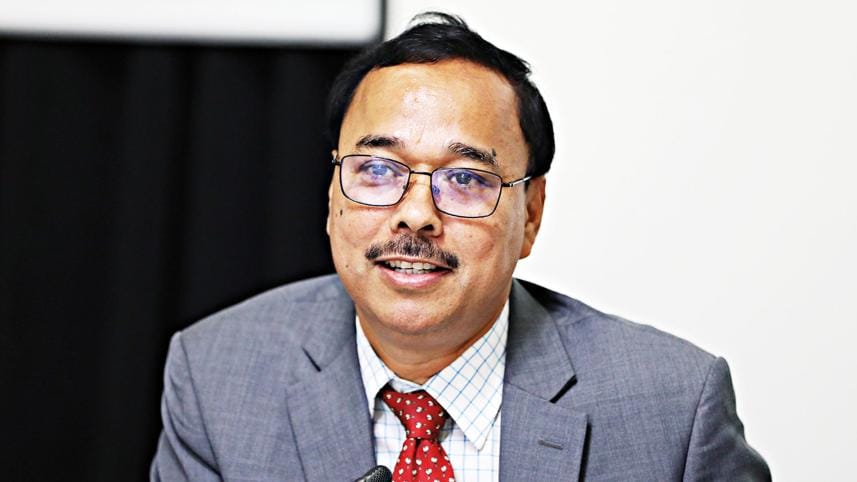
Nirod Chandra Mondal, Joint Secretary, Renewable Energy Wing, Power Division, Ministry of Power Energy and Mineral Resources
We are currently working towards the ambitious goal outlined by our esteemed Prime Minister, Sheikh Hasina, during COP26: achieving 40 percent of our energy from renewable sources by 2041. This commitment not only holds promise for sustainable energy but also presents a significant opportunity to transition to clean cooking systems. With approximately 80 percent of our population residing in rural areas, harnessing solar energy for cooking purposes emerges can be a compelling solution.
A well-designed pilot project could serve as a blueprint for a scalable business model. By evaluating the outcomes of transitioning all cooking stoves to e-cooking and subsequently to clean cooking in a specific area, we can gain insights into the mechanisms involved in moving from traditional to ultimately clean cooking systems.
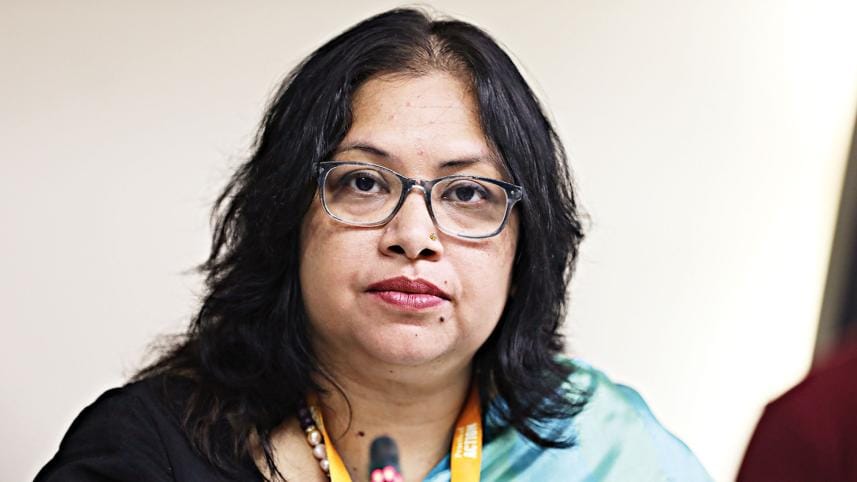
Tazeen Hossain, Head of Programme Delivery and Operations, Practical Action
On behalf of SEE-Clean Cooking Bangladesh, I would like to thank everyone for driving an insightful discussion and making this roundtable event a success.
We believe that a collaborative approach from different stakeholders like the private sector, the government, local entrepreneurs, policy experts, etc., is critical to ensure the progress of clean cooking technologies in Bangladesh. Thus, the diverse representation here today is a notable step towards the right direction.
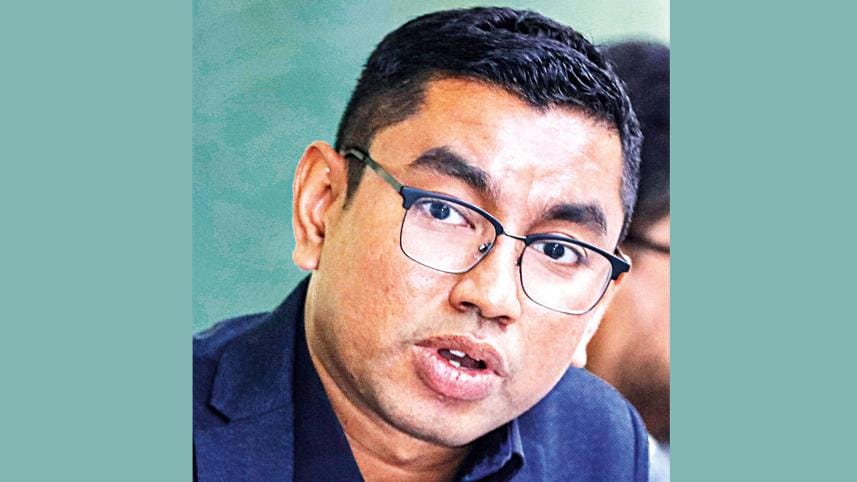
Tanjim Ferdous, In-Charge, NGOs & Foreign Missions, Business Development Team, The Daily Star
The Daily Star consistently covers environmental issues, recognising the pressing challenge of the climate crisis. Through our reports and opinion pieces, we strive to raise awareness among people about ongoing environmental issues. Our ultimate goal is to contribute to a greener planet for future generations.
Recommendations
- Promote entrepreneurship, from large firms to MSMEs, to drive the adoption of advanced cooking methods.
- Challenges such as awareness gaps, affordability, and systemic barriers should be addressed to develop the adaptivity of e-cookers.
- Comprehensive community engagement is vital to reshape societal norms, encouraging greater male involvement in cooking.
- Affordability and consumer ease while using the product, along with continuous supply, ensure the sustainability of the approach.
- The government should streamline the importation process for e-cooking device materials.
- A well-designed pilot project in a particular area can be helpful in the conversion from traditional to the ultimate clean cooking system commercially.
- The effective implementation of labelling and standardisation initiatives rely significantly on the concerted efforts of stakeholders, empowering local administrators in the process.
- A precise policy is needed to define the authority that will determine the standards for Bangladesh.
- Bangladesh's energy generation must prioritise renewable energy sources over fossil fuel sources; otherwise, it will fail to fulfil the purpose of clean e-cooking.
Offer tailored financial schemes that suit the specific needs and preferences of marginal customers.
 For all latest news, follow The Daily Star's Google News channel.
For all latest news, follow The Daily Star's Google News channel.
Comments